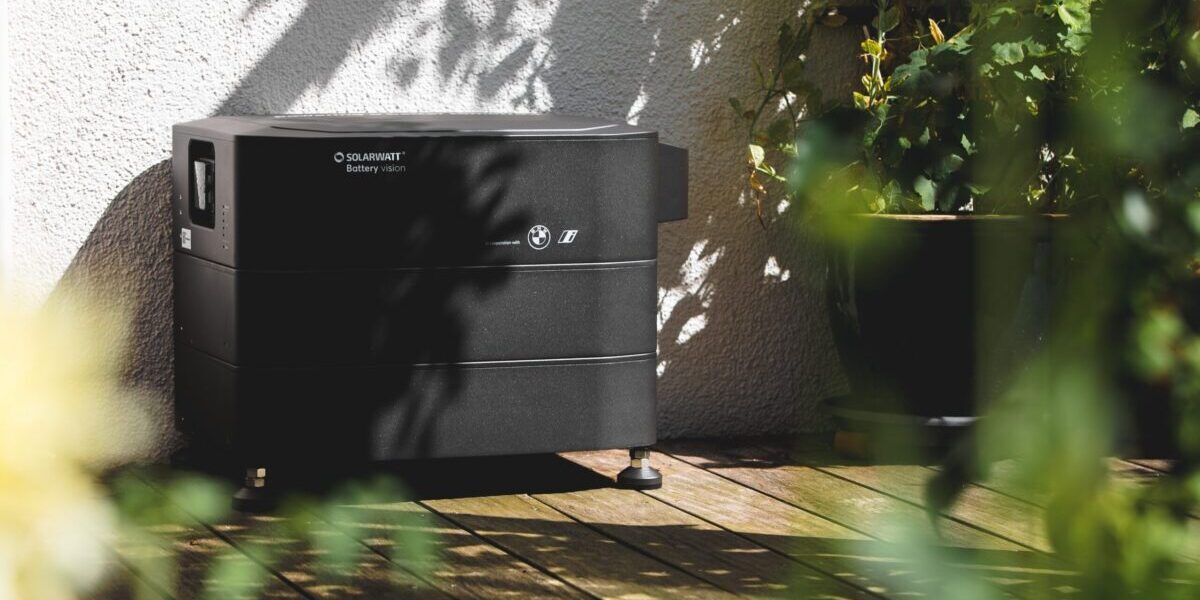PI Berlin today published a report based on its findings after carrying out 250 factory audits on more than 120 module manufacturers in the past six years. The results show overall module quality has improved, with the proportion of manufacturers given ‘excellent’ or ‘above average’ audit ratings increasing, and a decrease in the number of problems identified which could effect quality further down the line.
One of the most interesting findings in the Industry Trends in PV Module Quality from over 250 Factory Audits report, is that in general, manufacturers in China, South East Asia and South Korea achieved higher quality ratings than any other region. In audits conducted from 2016 to 2018, no manufacturer in South Korea or SE Asia was awarded a poor or below average rating. Chinese manufacturers received significantly fewer below-average ratings than other regions and had no poor ratings at all.
PI Berlin pointed out module manufacturing in Asia has reached ‘true mass production’, leading to a strong supply chain ecosystem which promotes competition among material and equipment suppliers, and also supports the development of a skills base among the engineers and technicians required to run large factories.
Bigger is better – usually
That observation was further supported by the finding larger factories tend to achieve better quality, with an higher proportion of factories with an annual production output capacity of 3 GW or more achieving higher audit ratings. That, says PI Berlin, can be explained by economies of scale – larger manufacturers enjoy cost advantages, enabling them to acquire better materials at lower prices, retain skilled and qualified staff, and invest in better machinery and higher automation levels.
The report noted that, in general, increased automation led to higher quality, though researchers said such processes must be properly managed: “Automation should not be taken as an ‘automatic’ assumption of quality,” read the report. “Poorly managed automated equipment can also consistently produce large volumes of poor quality product.”
PI Berlin’s report paints a positive picture of a manufacturing industry striving for quality and driven by well informed buyers and investors taking steps to ensure the reliability of products. There is, however, still plenty of room for improvement – just 8.2% of audited manufacturers were rated excellent, with the largest proportion – 40.2% – labelled average.
Room for improvement
PI Berlin added, the still limited use of quality management tools and processes on many production lines is keeping many manufacturers from being above average.
“Module quality in the industry has been improving, even against the backdrop of rapid industry growth, persistent cost pressures and no relevant international quality standards for PV modules,” reads the conclusion of the report, by PI Berlin’s senior auditor and manager, Stella Su. “The auditing has also challenged some important perceptions – Tier 1 manufacturers don’t always produce high quality modules, not all factories within a particular manufacturer produce the same quality modules, and Asia, in general, produces higher quality modules than other regions.”
This content is protected by copyright and may not be reused. If you want to cooperate with us and would like to reuse some of our content, please contact: editors@pv-magazine.com.




1 comment
By submitting this form you agree to pv magazine using your data for the purposes of publishing your comment.
Your personal data will only be disclosed or otherwise transmitted to third parties for the purposes of spam filtering or if this is necessary for technical maintenance of the website. Any other transfer to third parties will not take place unless this is justified on the basis of applicable data protection regulations or if pv magazine is legally obliged to do so.
You may revoke this consent at any time with effect for the future, in which case your personal data will be deleted immediately. Otherwise, your data will be deleted if pv magazine has processed your request or the purpose of data storage is fulfilled.
Further information on data privacy can be found in our Data Protection Policy.